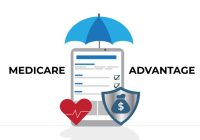Addressing the Growing Need for a Home Care Workforce
In the evolving healthcare landscape, delivering appropriate care at the right time and location is paramount. However, one important model of care, very often overlooked, is the home care workforce. With the increasing demand for home services, it’s essential to acknowledge the significance of caregivers who provide services in the home. While physicians, nurses, and professional clinicians receive… Read More »









